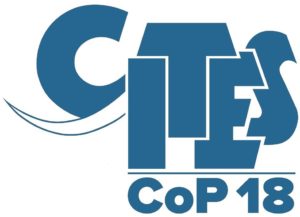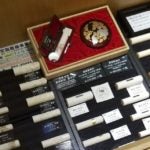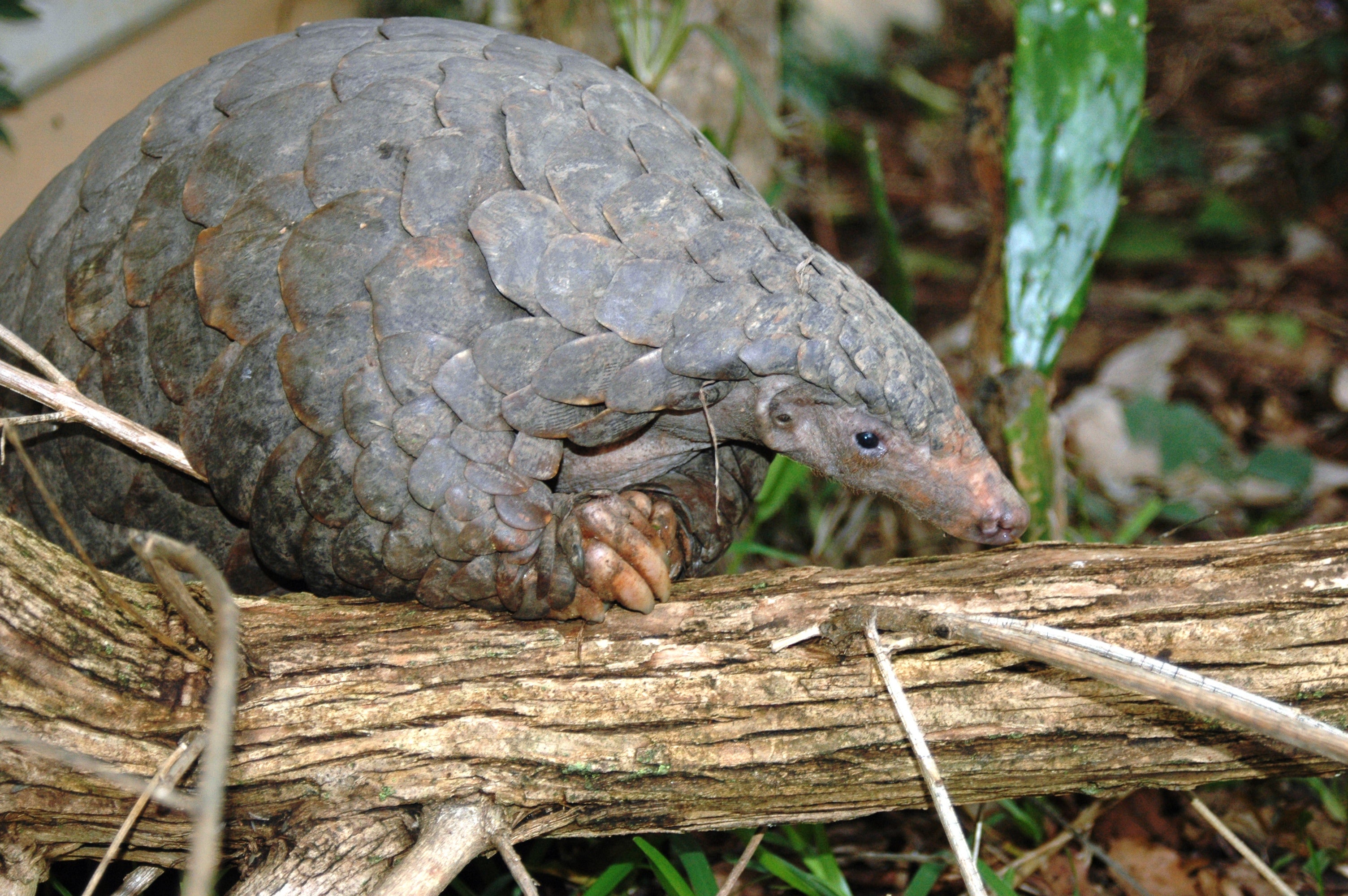
GENEVA—Tropical rainforests in Central America will continue to be plundered for tiny translucent glass frogs to supply the pet trade in Europe and elsewhere, after a proposal for international trade controls failed at the Conference of the Parties to the UN Convention on International Trade in Endangered Species (CITES), largely due to the 28 countries in the European Union voting against protections. Glass frogs have become popular in the pet trade due to their unique transparent skin which shows their internal organs. The proposal to give glass frogs Appendix II protection lost by just one vote, and animal protection charity Humane Society International hopes there may yet be a chance to secure the necessary votes in plenary later this week.
The European Union is a key destination for amphibian and reptile species such as glass frogs, iguanas and geckos—animals that are popular in the exotic pet trade. This trade is often illegal and, even when it is legal, is harmful to wild populations. More than 30,000 live reptiles were confiscated from the EU between 2001 and 2010, and glass frogs are regularly sold on the internet and at reptile and amphibian fairs in Europe. Yet, despite the European Union’s role as a major consumer of glass frogs, the voting bloc failed to support protections for animals negatively impacted by European demand.
The proposal from Costa Rica, El Salvador and Honduras to give trade protections to 104 species of glass frogs received overwhelming support from the majority of other countries that are home to the species in Latin America, but failed to reach the 2/3 majority required to be successful. It was opposed by the 28 countries in the EU.
Grettel Delgadillo, deputy director of Humane Society International/Latin America, says: “The international pet trade threatens the very survival of glass frogs and many newt species such as the crocodile newt and Asian warty newt, which are also collected for food. Glass frogs are astonishingly beautiful, almost entirely transparent creatures which is why they have soared in popularity in recent years, regularly advertised for sale on the internet for buyers in the United States and Europe. Yet this trade is slowly killing off populations so it is a major blow to conservation efforts on the ground and around the world that CITES parties failed to better protect these creatures. This failure is in large part due to the European Union’s shameful opposition; the EU is a huge consumer of glass frogs for the pet trade and therefore directly contributes to this species’ demise.”
A proposal by China, Viet Nam and the European Union seeking to protect 40 currently unlisted newt species also in high demand for the pet trade succeeded.
Humane Society International commends the proponent governments for seeking to bring the greedy pet trade in amphibians under CITES control but regrets the EU did not see fit to give CITES protection to the glass frogs.
The decisions will need to be approved in a plenary session at the CITES meeting on August 27/28.
ENDS
Media contacts:
- At CITES: Brianna Grant, bgrant@hsi.org, +1-202-360-3532
- United Kingdom: Wendy Higgins, whiggins@hsi.org
- United States: Nancy Hwa, 202-596-0808 (cell), nhwa@hsi.org
- Australia: Ben Vozzo +61 450 258 057 ben@hsi.org.au











